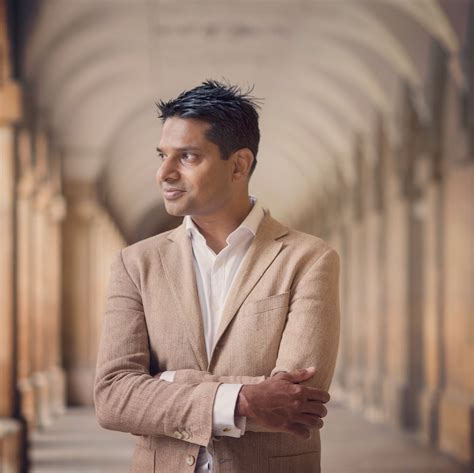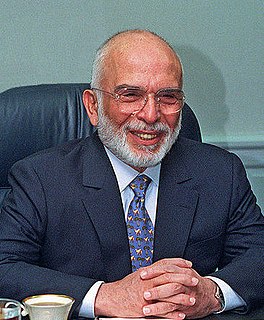A Quote by Henry David Thoreau
It is a thorough process, this war with the wilderness - breaking nature, taming the soil. feeding it on oats. The civilized man regards the pine tree as his enemy. He will fell it and let in the light, grub it up and raise wheat or rye there. It is no better than a fungus to him.
Related Quotes
It is often said it is no matter what a man believes if he is only sincere. This is true of all minor truths, and false of all truths whose nature it is to fashion a man's life. It will make no difference in a man's harvest whether he thinks turnips have more saccharine matter than potatoes--whether corn is better than wheat. But let the man sincerely believe that seed planted without ploughing is as good as with, that January is as favorable for seed sowing as April, and that cockle seed will produce as good a harvest as wheat, and will it make no difference?
Be not too slow in the breaking of a sinful custom; a quick, courageous resolution is better than a gradual deliberation; in such a combat he is the bravest soldier that lays about him without fear or wit. Wit pleads, fear disheartens; he that would kill Hydra had better strike off one neck than five heads: fell the tree, and the branches are soon cut off.
If idioms are more to be born than to be selected, then the things of life and human nature that a man has grown up with--(not that one man's experience is better than another's, but that it is 'his.')--may give him something better in his substance and manner than an over-long period of superimposed idiomatic education which quite likely doesn't fit his constitution. My father used to say, 'If a poet knows more about a horse than he does about heaven, he might better stick to the horse, and some day the horse may carry him into heaven'
Individualism regards man - every man - as an independent, sovereign entity who possesses an inalienable right to his own life, a right derived from his nature as a rational being. Individualism holds that a civilized society, or any form of association, cooperation or peaceful co-existence among men, can be achieved only on the basis of the recognition of individual rights - and that a group, as such, has no rights other than the individual rights of its members.
An enemy, Ender Wiggin," whispered the old man. "I am your enemy, the first one you've ever had who was smarter than you. There is no teacher but the enemy. No one but the enemy will tell you what the enemy is going to do. No one but the enemy will ever teach you how to destroy and conquer. Only the enemy shows you where you are weak. Only the enemy tells you where he is strong. And the rules of the game are what you can do to him and what you can stop him from doing to you. I am your enemy from now on. From now on I am your teacher.
How much reverence has a noble man for his enemies!--and such reverence is a bridge to love.--For he desires his enemy for himself, as his mark of distinction; he can endure no other enemy than one in whom there is nothing to despise and very much to honor! In contrast to this, picture "the enemy" as the man of ressentiment conceives him--and here precisely is his deed, his creation: he has conceived "the evil enemy," "the Evil One," and this in fact is his basic concept, from which he then evolves, as an afterthought and pendant, a "good one"--himself!

































